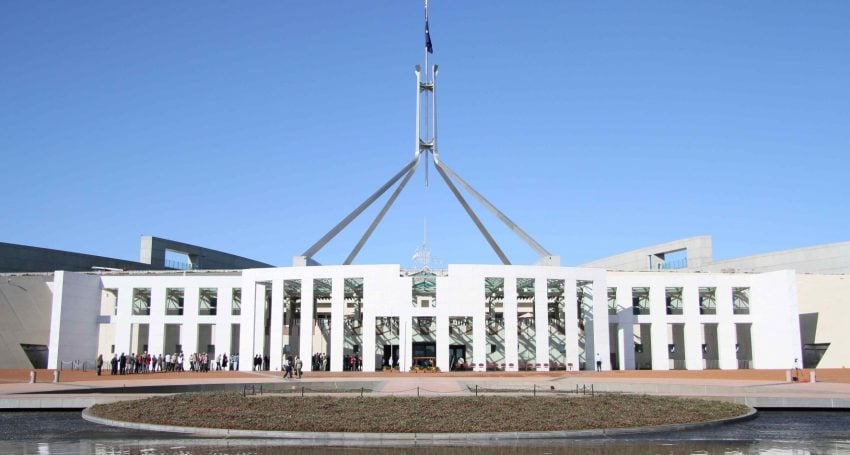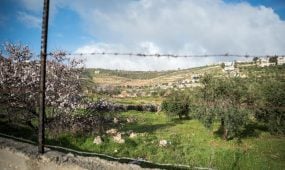40 Anglican archbishops and bishops urge special intake of Afghan refugees in open letter to PM ahead of the Budget
News
Forty Anglican Church of Australia episcopal leaders have co-signed an open letter to the Prime Minister ahead of the Budget, calling on the Federal Government to create a special intake of 20,000 additional places for Afghan people seeking safety – find out how you can help

Forty Anglican Church of Australia episcopal leaders have co-signed an open letter to Prime Minister Scott Morrison ahead of the Budget, calling on the Federal Government to create a special intake of 20,000 additional places for Afghan people seeking safety.
The archbishops and bishops signed the open letter at an annual National Meeting of Bishops, writing on behalf of Anglican churches across the nation.
“Our churches have been communicating with members of Parliament since August 2021 when news reached us of the fall of Kabul,” the letter dated Sunday, 20 March said.
“Many wrote because they were encouraged by your government’s initial engagement with the crisis, and others because of the level of compassion they witnessed.
“It was heartening to hear the proactive approach you had taken, facilitating 32 evacuation flights, and assisting over 4,000 people to escape from Afghanistan.
“We heard and appreciated your reiteration that the initial intake of 3,000 refugees from Afghanistan would be ‘a floor and not a ceiling’.”
The open letter, which copied in Treasurer The Hon Josh Frydenberg MP and Minister for Immigration The Hon Alex Hawke MP, expresses disappointment in the Prime Minister’s subsequent lack of action.
The 40 signatories include Archbishop Phillip Aspinall and Bishops Cameron Venables, Jeremy Greaves and John Roundhill, along with those of the Primate, Archbishop Geoffrey Smith; Australian Defence Force Bishop, Grant Dibden; National Aboriginal Bishop, Chris McLeod, and the Bishop for International Relations, Malcolm Richards.
“The Government’s announcement in January that more places would be provided for refugees has amounted to no additional refugee places and that there would only be 15,000 places allocated to people from Afghanistan within the existing refugee program,” the letter said.
Advertisement
“We recognise that the conflicts in Ukraine, Myanmar and Ethiopia are leading to a sharp rise in the number of vulnerable and displaced people seeking refuge.
“We believe this is a compelling reason to create a special intake of 20,000 additional refugees from Afghanistan and to include these additional places in your Government’s upcoming Federal Budget.”
The archbishops’ and bishops’ letter states that the Department of Home Affairs has received applications from more than 145,000 people from Afghanistan.
“We feel that providing only 15,000 refugee places over 4 years from within the existing program is not an adequate response for people for whom we fought and with whom we laboured,” they wrote.
“We eagerly await changes to this policy that will demonstrate the compassion and commitment the Australian public expect for the people of Afghanistan, people we walked alongside for two decades of military and humanitarian engagement.”
The episcopal leaders have added their voices to the Christians United for Afghanistan alliance of Anglican, Catholic, Baptist, Pentecostal and Uniting Churches in calling for the special intake.
The complete open letter to the Prime Minister may be read and downloaded online.
Advertisement
Tomorrow’s Budget announcement is a salient time for the Federal Government to state that they will welcome a special intake of 20,000 Afghan children, women and men, as part of the Morrison Government’s election agenda.
Christians United for Afghanistan is calling for Christians to support Afghan people seeking safety.
anglican focus readers are invited to do this by writing to their Federal Member of Parliament via this easy-to-use tool.
Editor’s note 30/03/2022: Christians United for Afghanistan and the Refugee Council of Australia have welcomed the announcement in the 2022 Federal Budget of 16,500 additional places for refugees from Afghanistan over the next four years.






